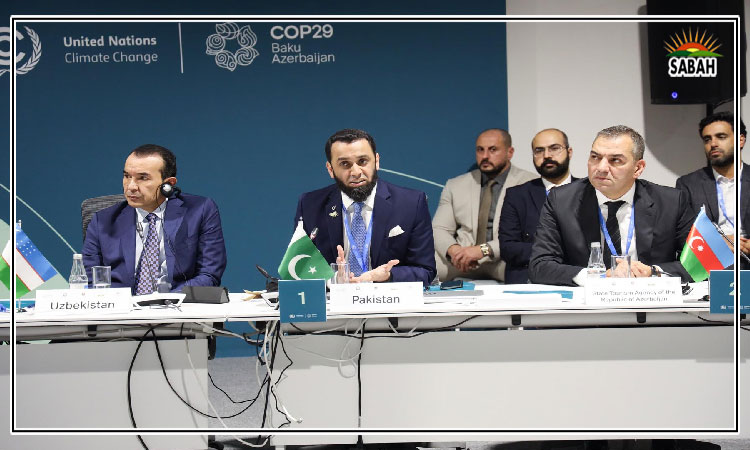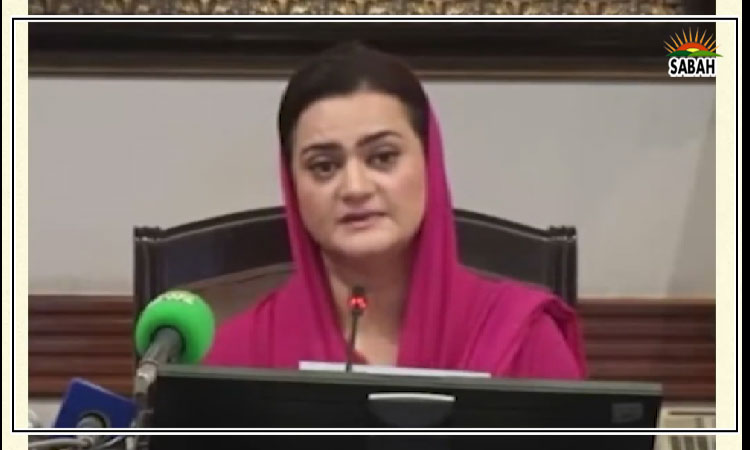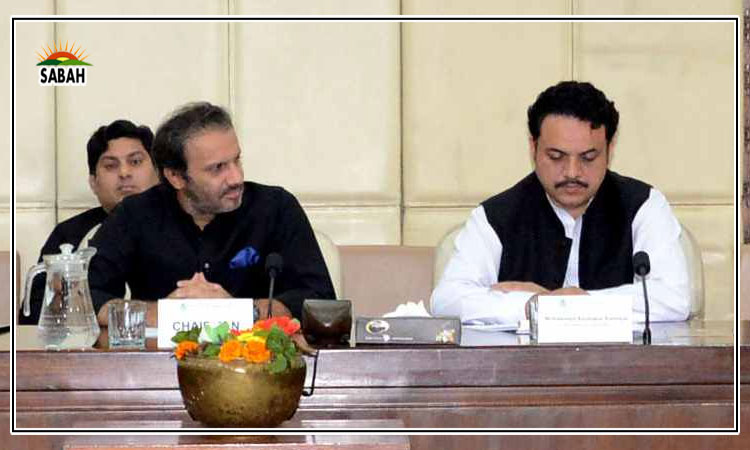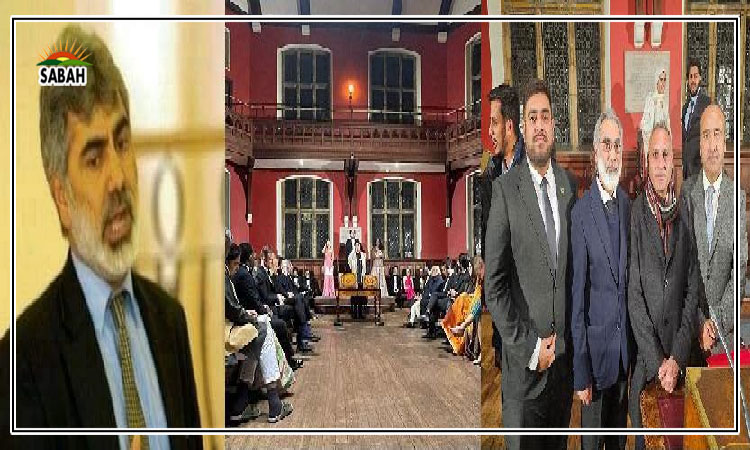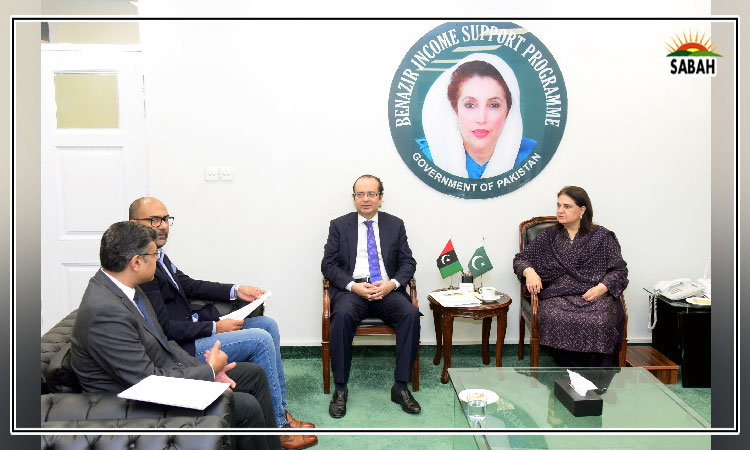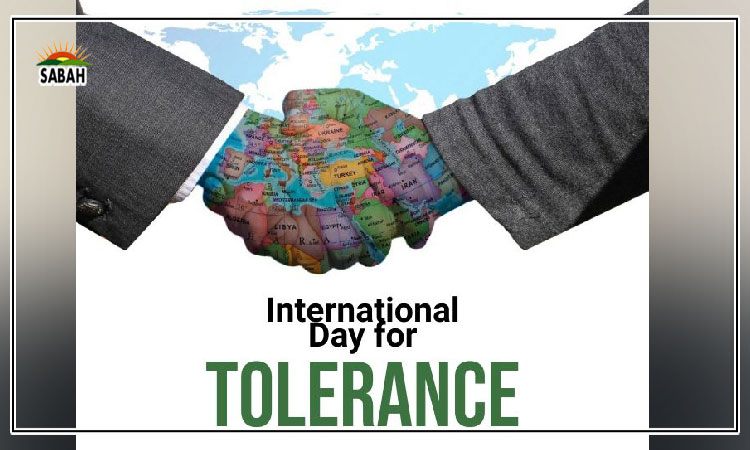Climate optimism –Rizwan Basir
Pakistan has once again made a strong case for foreign funding for its flood recovery efforts. It has raised around $10 billion, more than the required amount of $8 billion to rebuild the areas damaged by the recent floods.
These pledges were made by the international community at the International Conference on Climate Resilient Pakistan in Geneva. Pakistans Prime Minister Shehbaz Sharif co-hosted the conference along with United Nations Secretary-General Antonio Guterres.
This is the first time the UN has come up with a financing system to help vulnerable countries make up for the losses caused by climate change. The fact that Pakistan has successfully met its financing targets is laudable.
The largest commitment of $4.2 billion has come from the Islamic Development Bank Group. The World Bank has pledged $2 billion. The funds will help the government build a more resilient Pakistan and an economy which is dynamic and sustainable. In order to assure transparency in spending, the prime minister has said that he has put in place a third-party verification (TPV) system to ensure that every penny is accounted for.
Like COP27 last year, the Geneva moot has proven to be a success for Pakistan. The country continues to cultivate a strong sense of empathy and responsibility among the international community two values which have remained absent from the system for years.
The global calendar of climate change events for 2023 is ripe with opportunities. From COP28 to sustainable finance summits and everything in between, climate diplomats around the world have a chance to turn these fragments of climate action plan into sustained and structured development for addressing climate change. To do so, a few necessary measures are needed.
First, vulnerable countries must keep seeking unity to pave the way for amplifying their voice in the international arena. This is not wishful thinking. We have already seen how developing countries worked together at COP27 and asked rich nations to set up the Loss and Damage fund. At the beginning of COP27, John Kerry had said that the creation of the Loss and Damage fund is just not going to happen. But it did happen.
Now, COP28 set to take place in Dubai this year might also be a perfect opportunity to ensure that the developed world launches targets to reduce its reliance on fossil fuels. Second, the Loss and Damage fund as well as the Global Shield Project must get implemented as quickly as possible.
In its 2023 Emergency Watchlist, the International Rescue Committee (IRC) notes, 2022 has shown that the role of climate change in accelerating the global humanitarian crisis is undeniable. It reports food insecurity as a key threat multiplier for regions facing climate risk in 2023.
Last, multilateral climate funds especially larger ones such as the Green Climate Fund (GCF) need to become part of the climate emergency discourse. Of all the funds raised by Pakistan for its recovery thus far, none has come from the funds whose core mandate is to support climate action. These two reasons could explain this: first, the funds do not have a separate financing window to address climate emergencies; and second, their processes for accessing financing are crippled with unnecessary bureaucratic protocols ultimately depriving countries in need from timely financing.
The time to act is now: the climate-vulnerable developing world needs to get together and take advantage of climate optimism. The year 2023 has to be the year when the international community embraces the values of empathy and responsibility and takes serious steps towards climate action.
The writer is a sociologist who works at the Climate Resourcing Coordination Centre (CRCC) in Islamabad.
Courtesy The News


